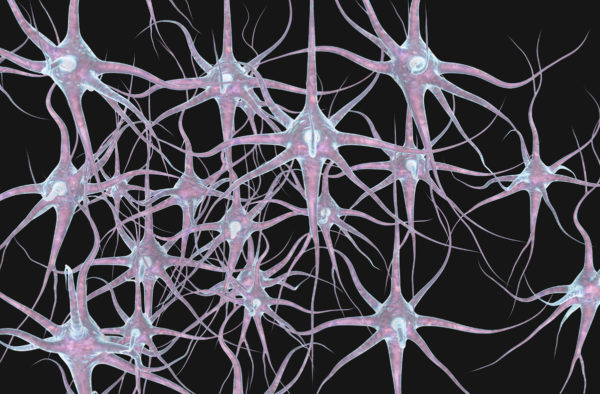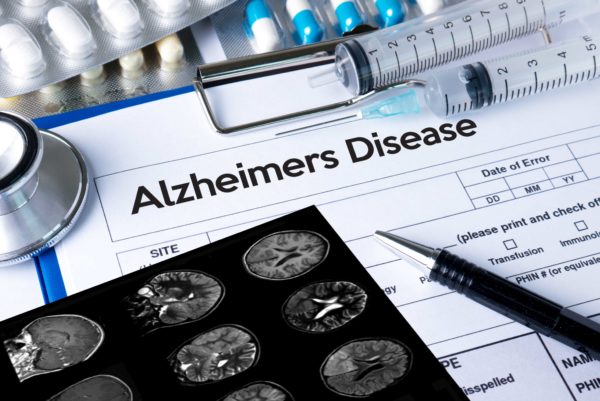
Stacey M. Schaefer is the principal investigator of the Midlife in the United States Longitudinal Study of Health and Well-Being Affective Neuroscience Project, and a study examining how individual differences in emotion may play a role in the development of Alzheimer’s Disease in the Wisconsin Registry for Alzheimer Prevention. She is the co-principal investigator of a large R01 study examining how individual differences in the time course of emotional responses--called affective chronometry--are important for cognition, mental health, stress regulation, the immune system, stress reactivity and recovery processes, as well as coping with the COVID-19 pandemic.
Schaefer's research questions can generally be summarized as: How do different emotional response patterns shape our health and well-being as we age? How are they associated with indicators of brain health and brain aging? And how do emotional response patterns change as people age? Similarly, what factors promote better emotion regulation and healthier emotional responses and potentially delay brain aging? For example, what is the interaction/overlap between executive control, stress responses, and self-regulatory processes such as emotion regulation? What environmental, psychosocial, and lifestyle factors may contribute to higher emotional well-being and resilience to brain aging? To answer these questions, she studies multiple measures of brain health and brain aging, the morphometry, integrity, and functional activity in emotion regulation-related brain circuitry, psychophysiological measures of emotional responses, and these measures' relation to aging, stress, cognition, coping, biomarkers of health, as well as biological and psychological predictors of well-being.
Education
Ph.D., Psychology (Cognitive Neuroscience), University of Pennsylvania
What does well-being mean to me?
"Going home."
Related Studies
Cognitive Control and the Regulation of Emotion, Attention and Pain
Are people who are better at controlling their attention, emotion or pain responses in a laboratory setting more successful at carrying that skill into daily life?
How do people experience emotions over a period of time and what does that say about their resilience and well-being?
Examining the Relationship Between Emotion and Preclinical Alzheimer’s Disease
Center for Healthy Minds researchers are examining how emotion may play a role in the development of Alzheimer’s Disease.
Midlife Development in the United States
Our scientists examine how individual differences in emotional reactivity and recovery to emotional stimuli, brain structure and patterns of brain activity are related to life experiences, personality, behavior, health and well-being across the adult lifespan in a large national longitudinal sample.





